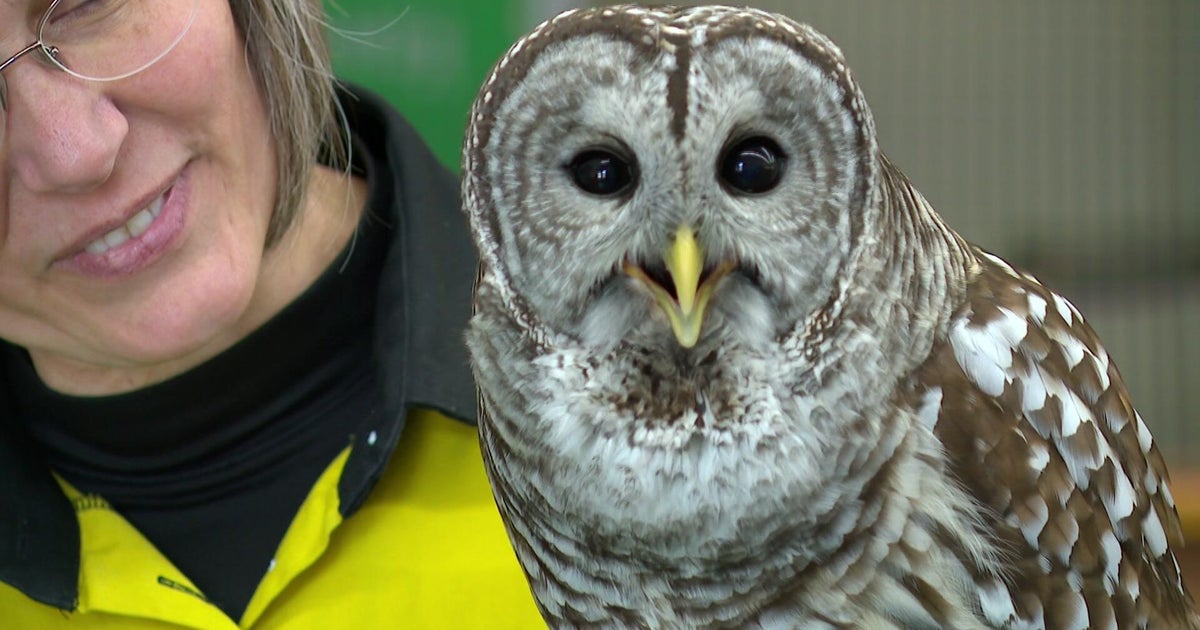Nonprofit helps Korean adoptees sent to Minnesota by questionable adoption system uncover their past
Minnesota is home to the highest concentration of Korean adoptees in the United States.
Adoption programs peaked in the 1980s and remain steady today.
Many adoptees are now working together to uncover what really happened in their past.
For decades, Ami Nafzger has been searching for the truth. She was adopted from South Korea in 1975, but knows few details about her past.
"I think the sixth time I finally went back to my orphanage, they finally told me and admitted that my files were switched with multiple children, and this is the list they gave me, and they couldn't figure out which child I was," Nafzger said.
Her adoptive parents thought she was 4 years old at the time.
"Was I really 2? Or was I actually 4? Because when I came, I was very, very, very tiny," she said.
South Korea's adoption system emerged in the 1950s, when mostly biracial children or children from unmarried families were sent overseas to Western families who believed they were helping children of the war.
"The adoption agencies didn't have laws. They just had their own policies and rules internally," Nafzger said. "I think it became more of a business and a fad actually for children to be adopted overseas."
As an adult, Nafzger returned to South Korea and lived there for a decade, where she founded an organization to help adoptees find their birth parents.
"I started finding adoptees' files, that some of the children were actually stolen from their parents. I started discovering not one, not two, but multiple cases," Nafzger said.
Now, a new documentary is validating speculation that adoptees have had for years.
The Associated Press and Frontline uncovered allegations of fraud and abuse, including kidnapped children, falsified records and parents misinformed about their children's fate.
"I think adoptees are more confused than ever. I think they're wondering, 'Well, OK, in my paperwork it says this — all my life I've believed this. But what if that's not true?'" Nafzger said.
Mariel Crouser was adopted when she was 5 months old.
"I don't even think I'm that curious around the why. I just would want them to know, hey, I'm here. I am alive, just to let them know that I grew up and I'm proud of my Korean identity," Crouser said.
She's lived in Minnesota her whole life, where she's now raising her two children and beginning the search for her birth parents.
"Being raised by a white family and really feeling that shelter of like the whiteness from my parents and family growing up really dissolving," she said.
She has her adoption file, which says her birth parents were students, 17 and 18 years old.
"They weren't in position to have a child, which I feel like many kids who were adopted in the '80s and '90s have a similar story," she said.
She's believed this her whole life, but now is seeking to validate it herself.
Nafzger started the nonprofit Adoptee Hub to help others like Crouser.
"It's really about our community having to do it ourselves," Nafzger said.
In January, they launched Hope Registry, an online database that adoptees and birth parents can sign up for.
"I wanted to create this portal where it was private and confidential but yet safe," Nafzger said.
Cam Lee Small is a counselor who works with Korean adoptees, like himself.
"Certainly part of a healing process can be the community affirming the truth of what happened, and especially for adoptees who've maybe felt afraid or hesitant or embarrassed for even asking these questions," Lee Small said.
Questions that Mafzger may never get answers to. But after all these years, she's found peace with that reality, through helping others.
"When adoptees do reunite with their families, their joy becomes my joy. Because I just think of our community itself, they're kind of like my family," she said.
Due to a law change, the Korean government will take over adoption services this summer and require adoption agencies to hand over records. Adoptees searching for answers may have to wait until that happens to request information.




